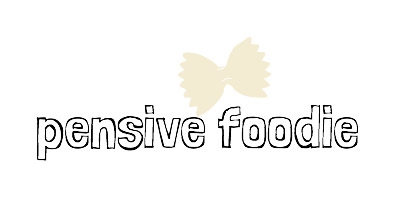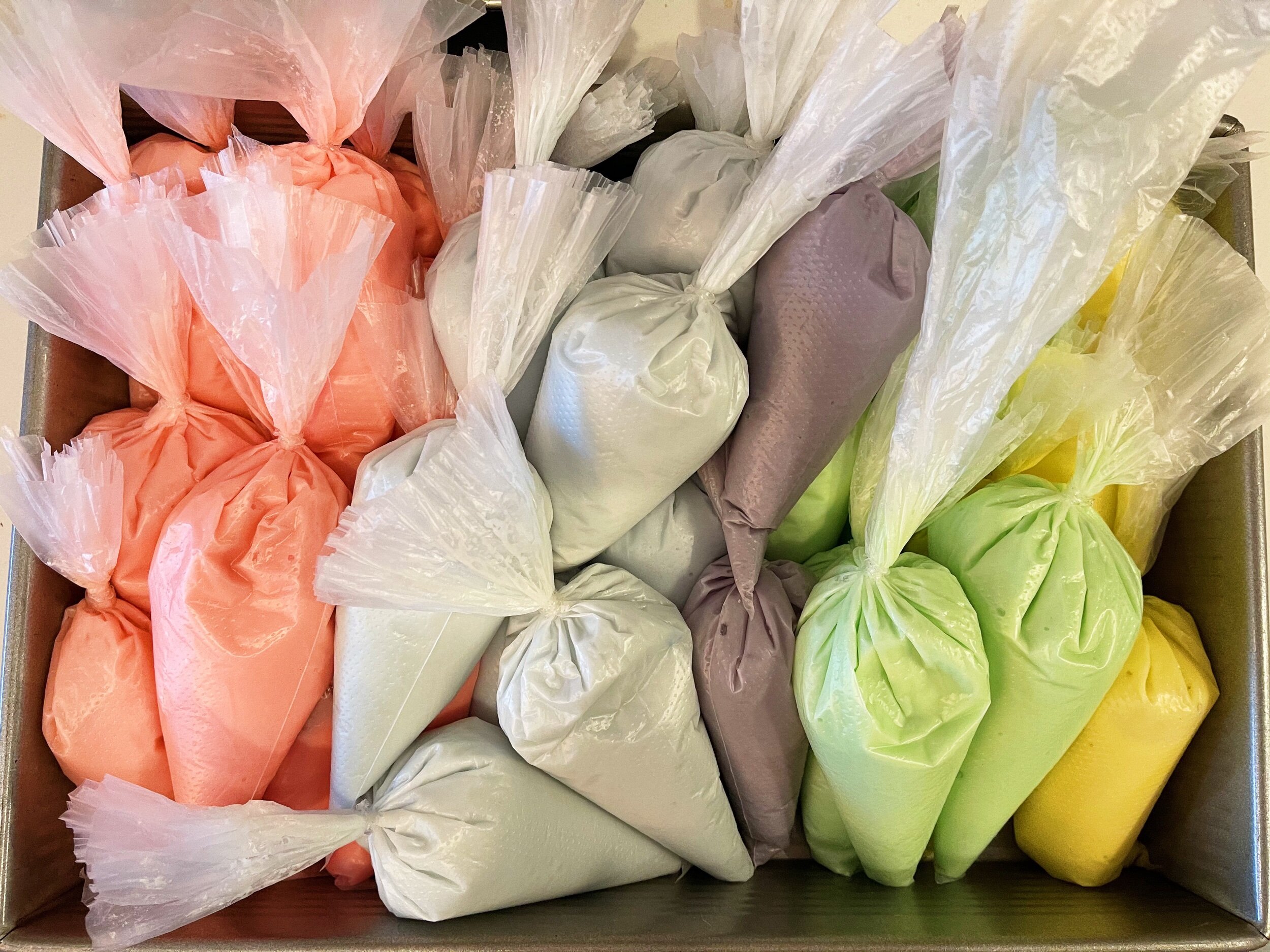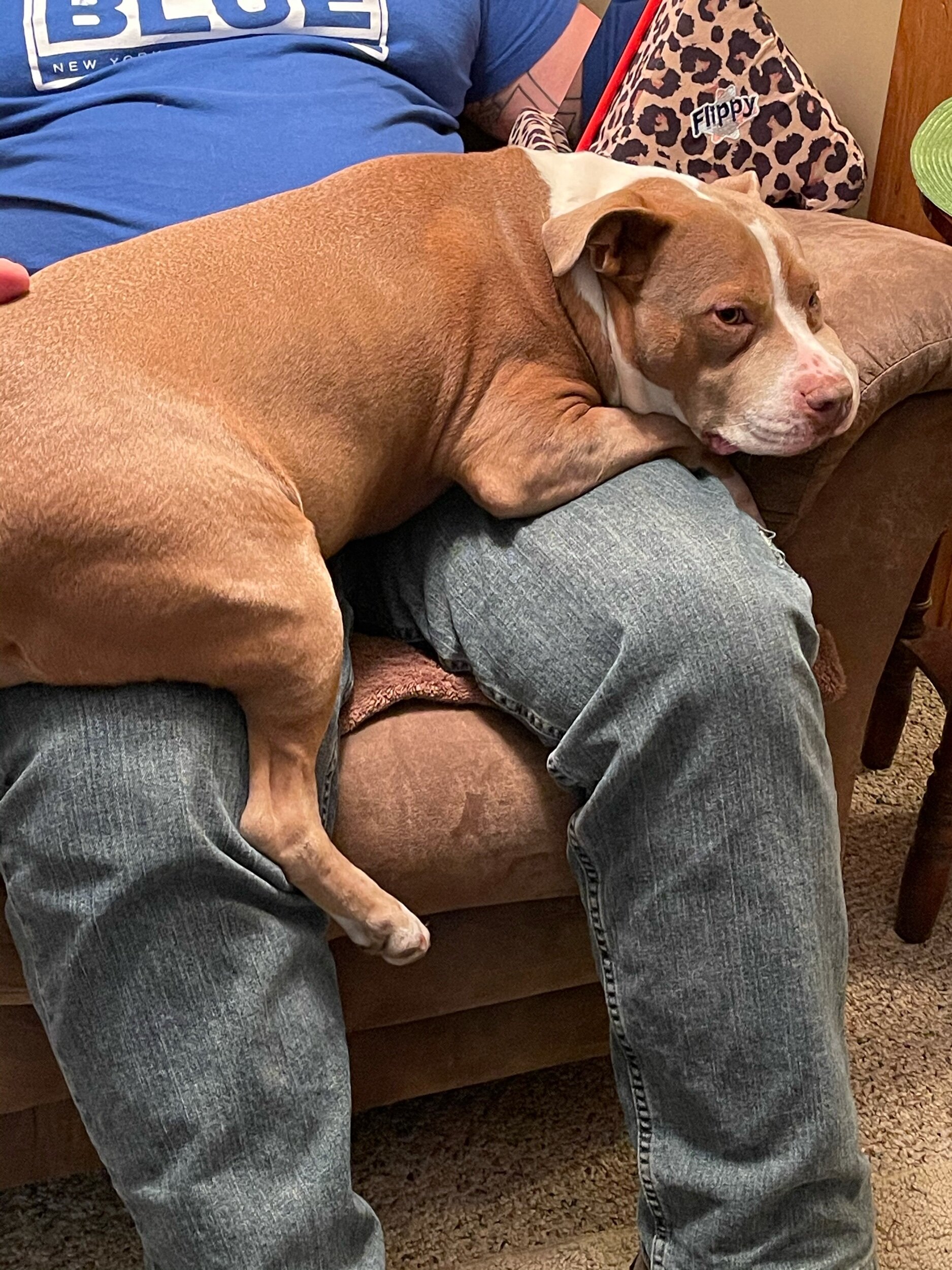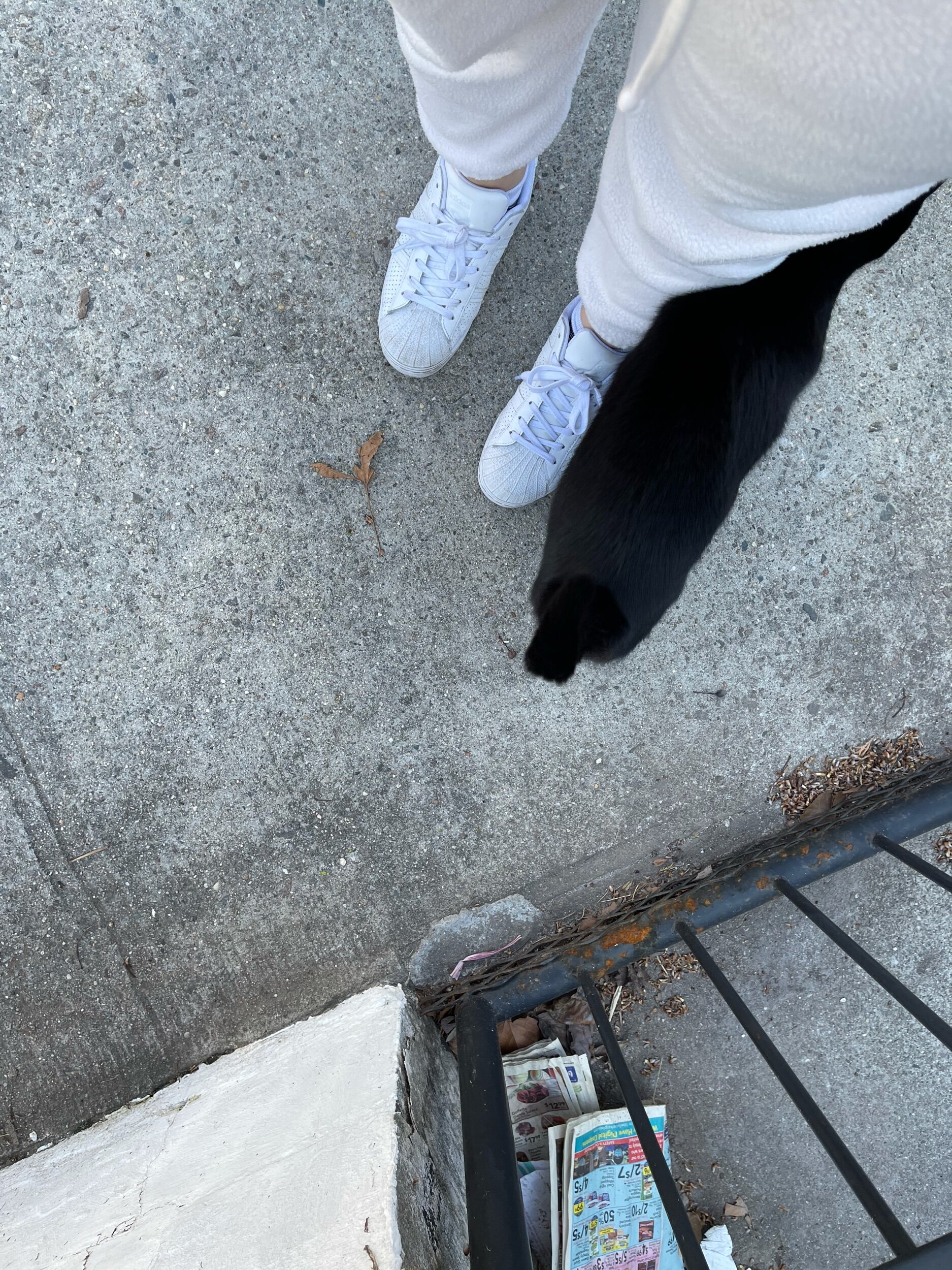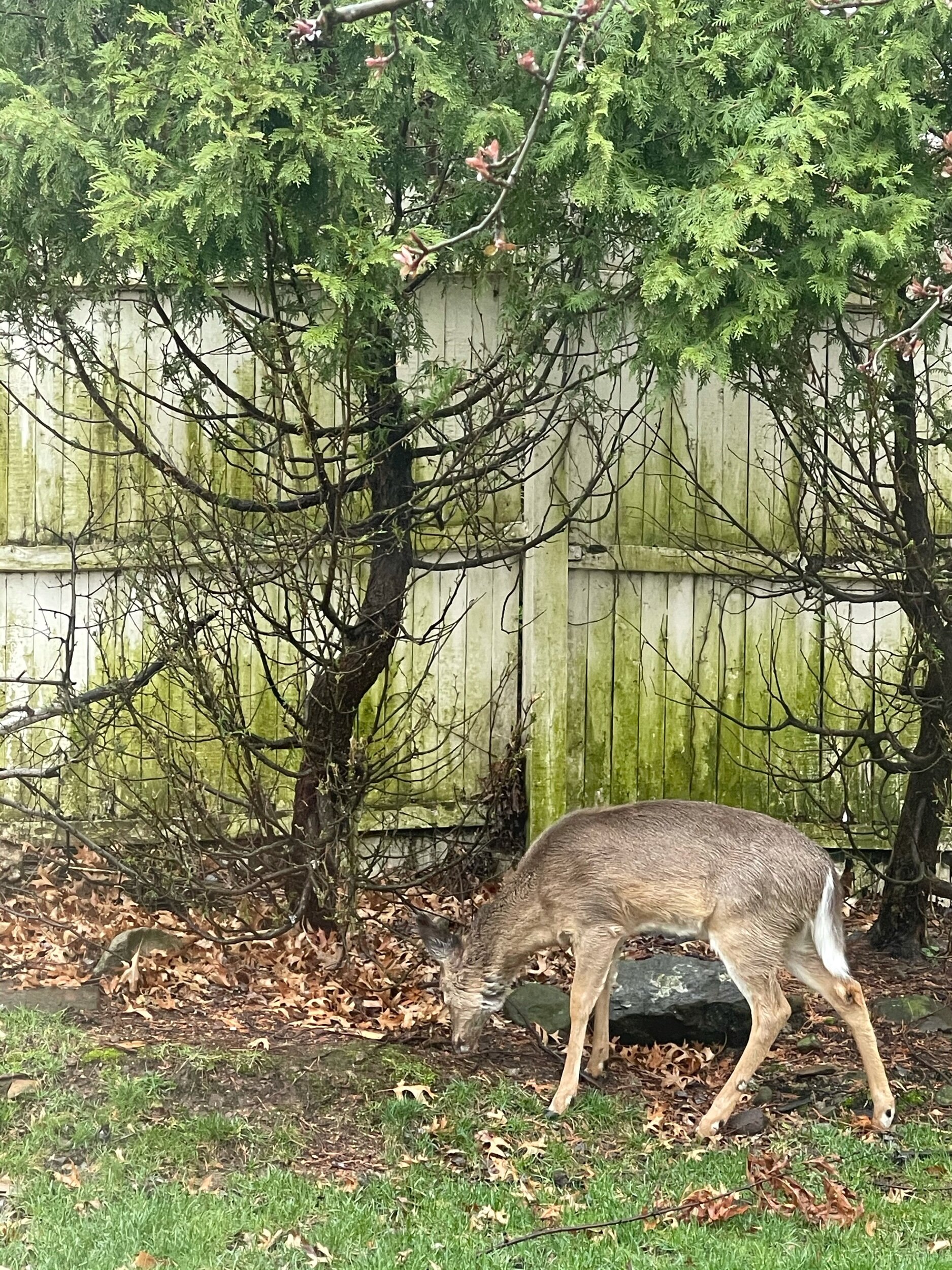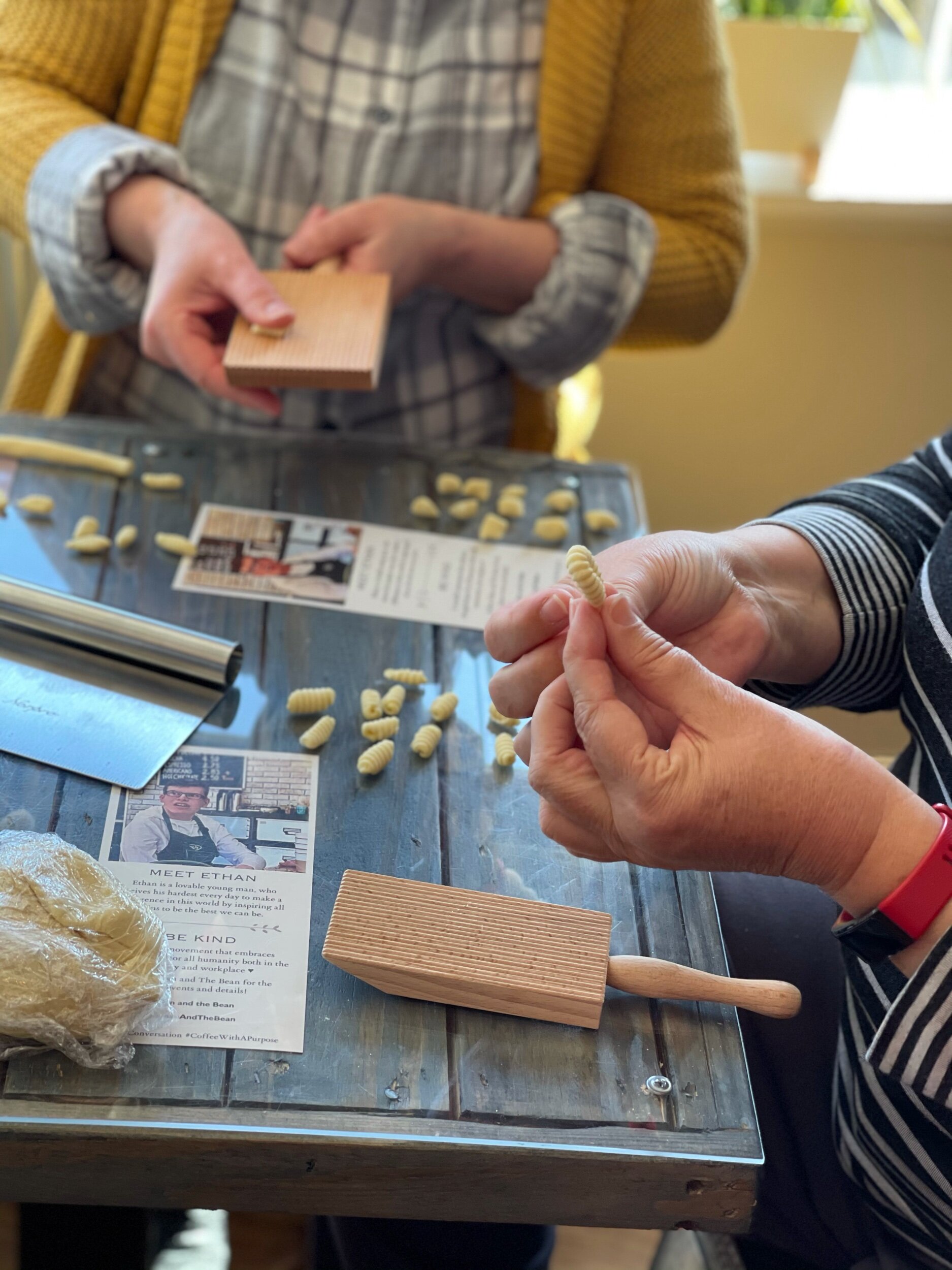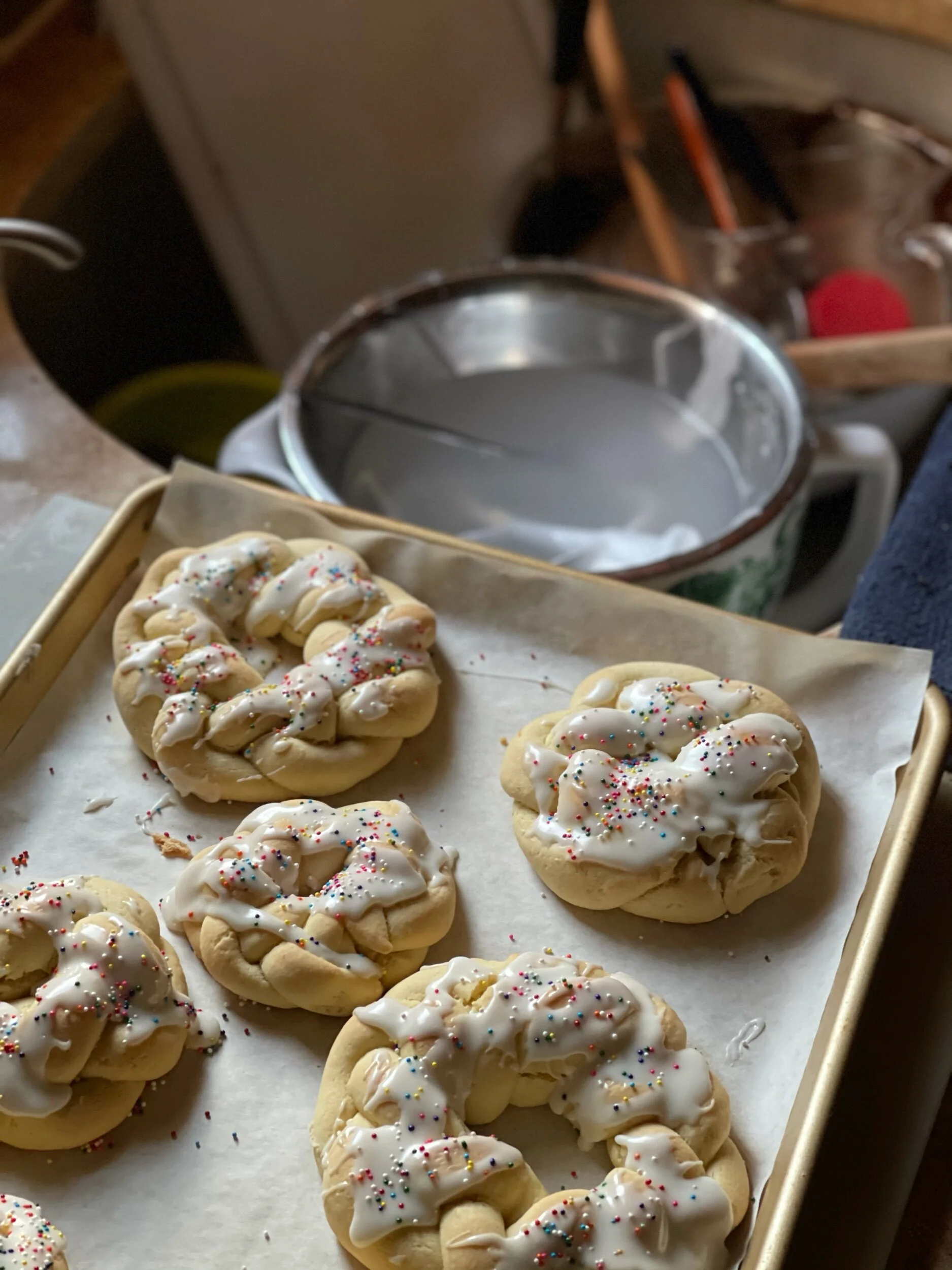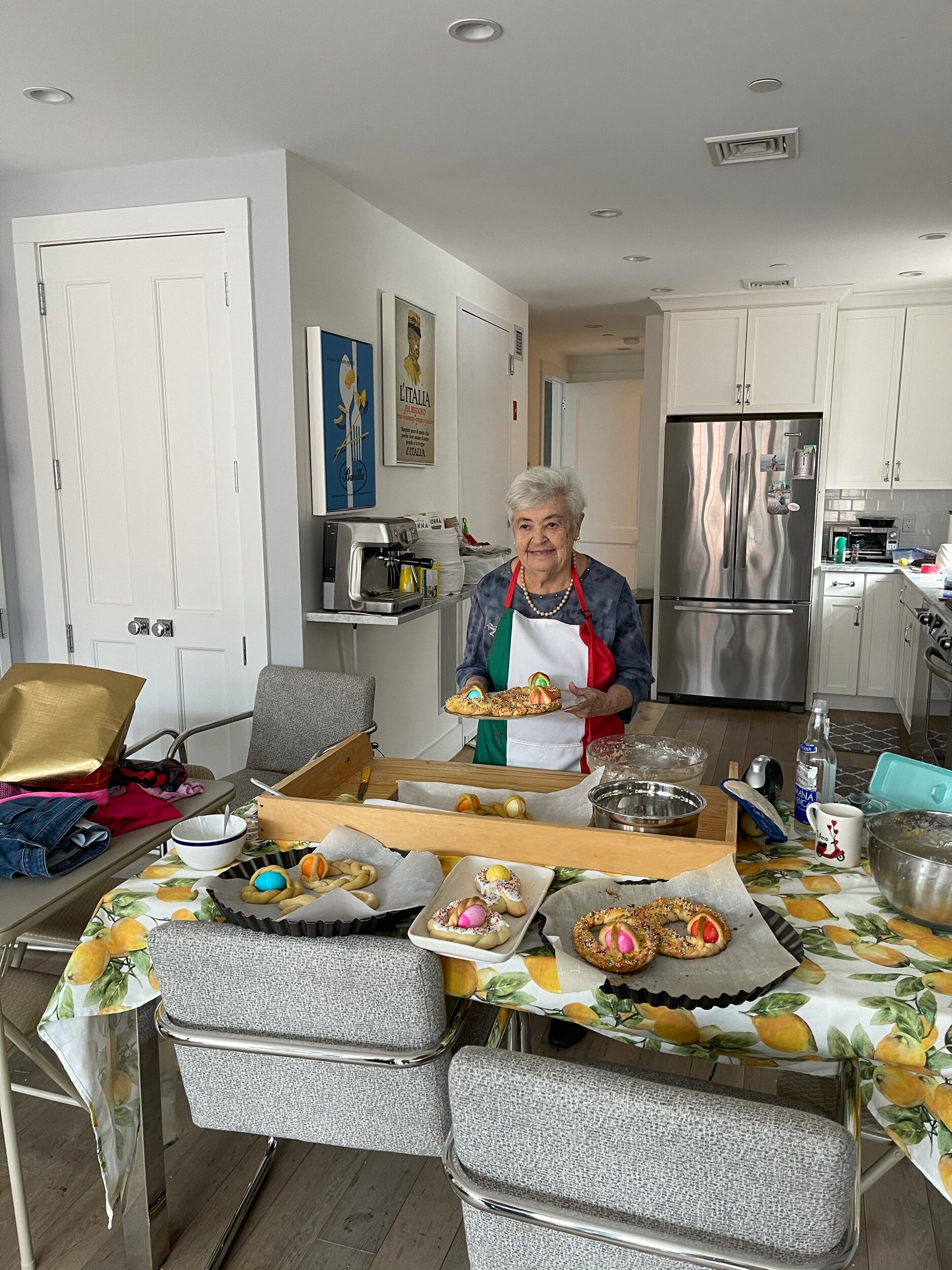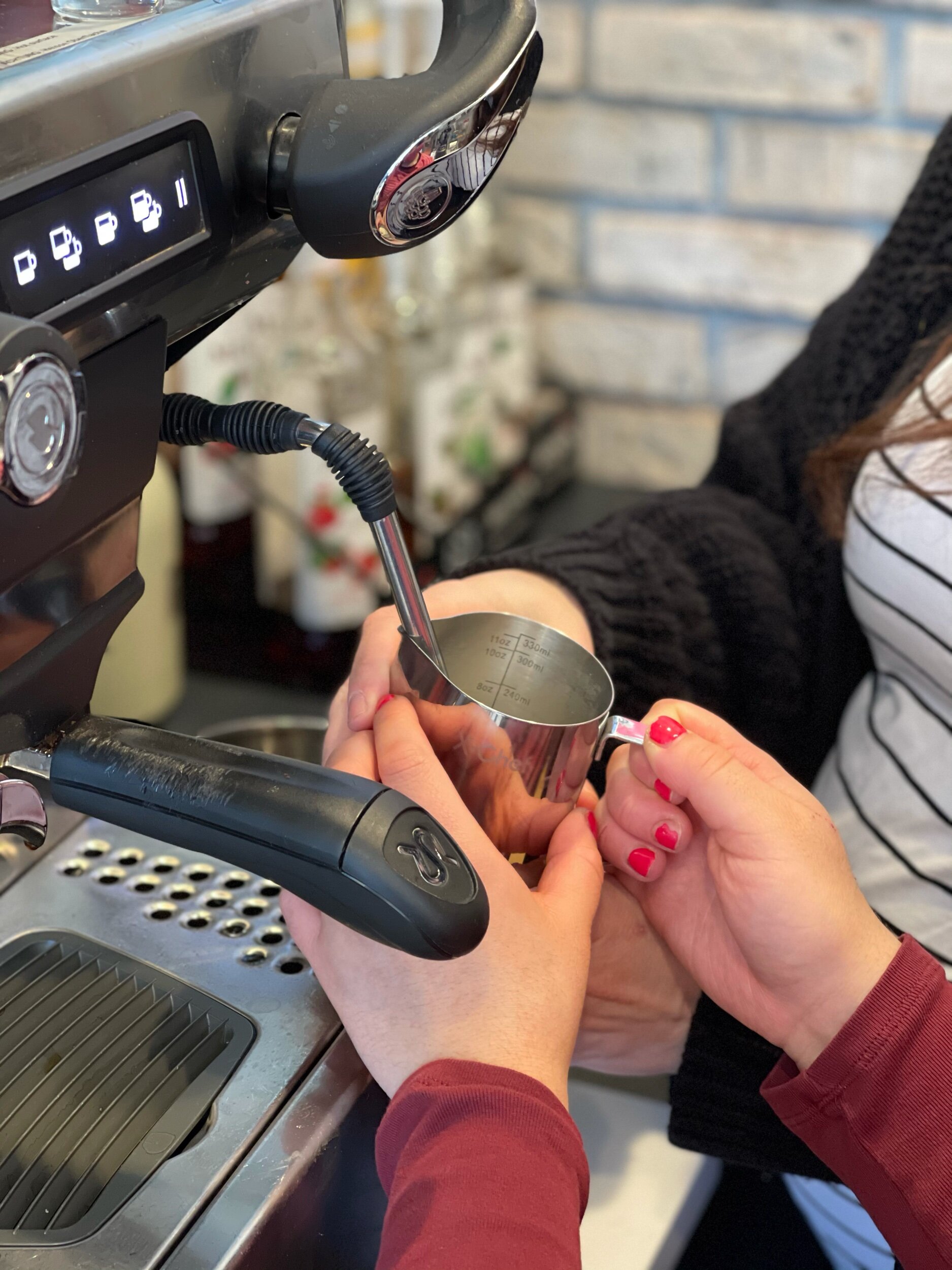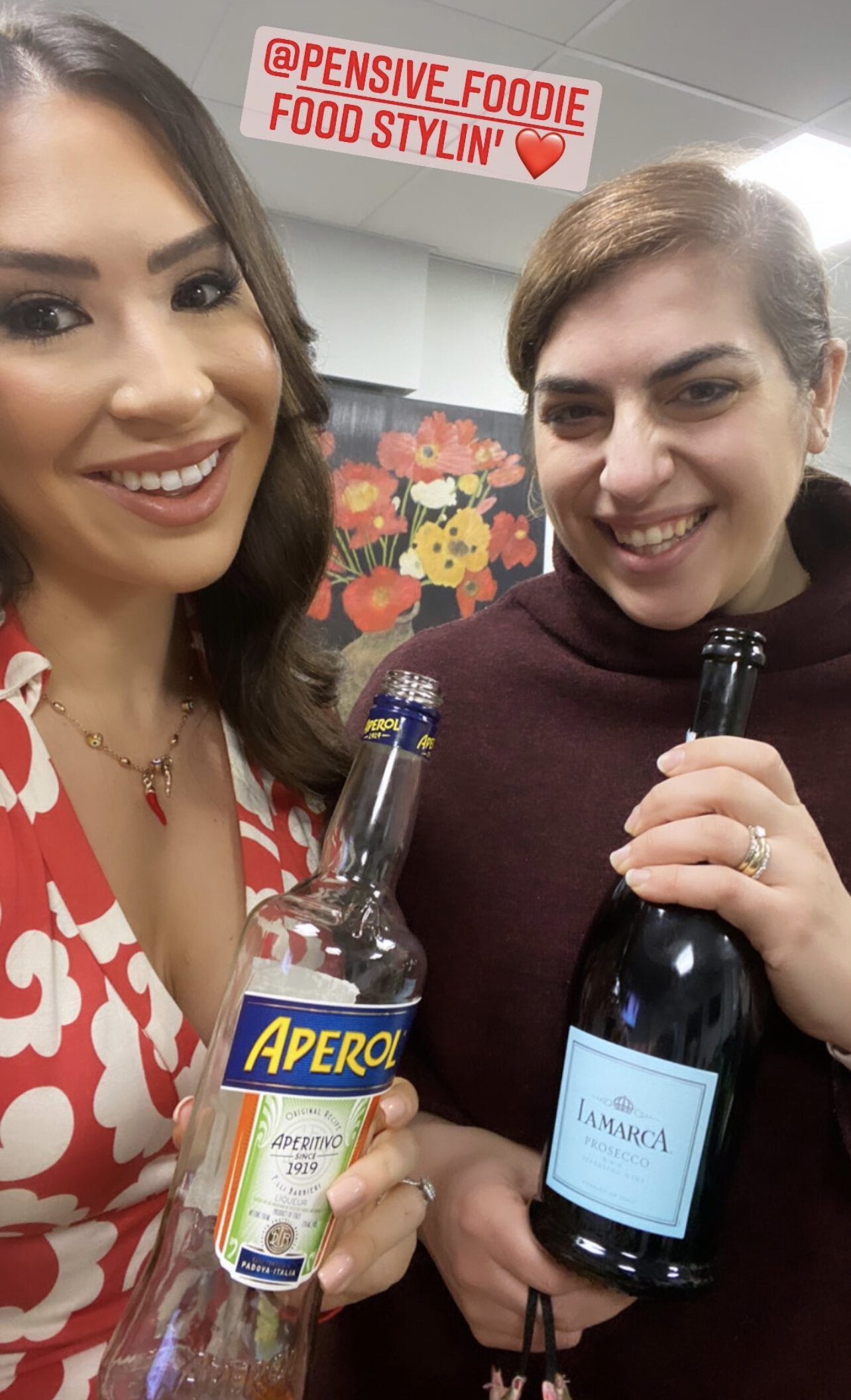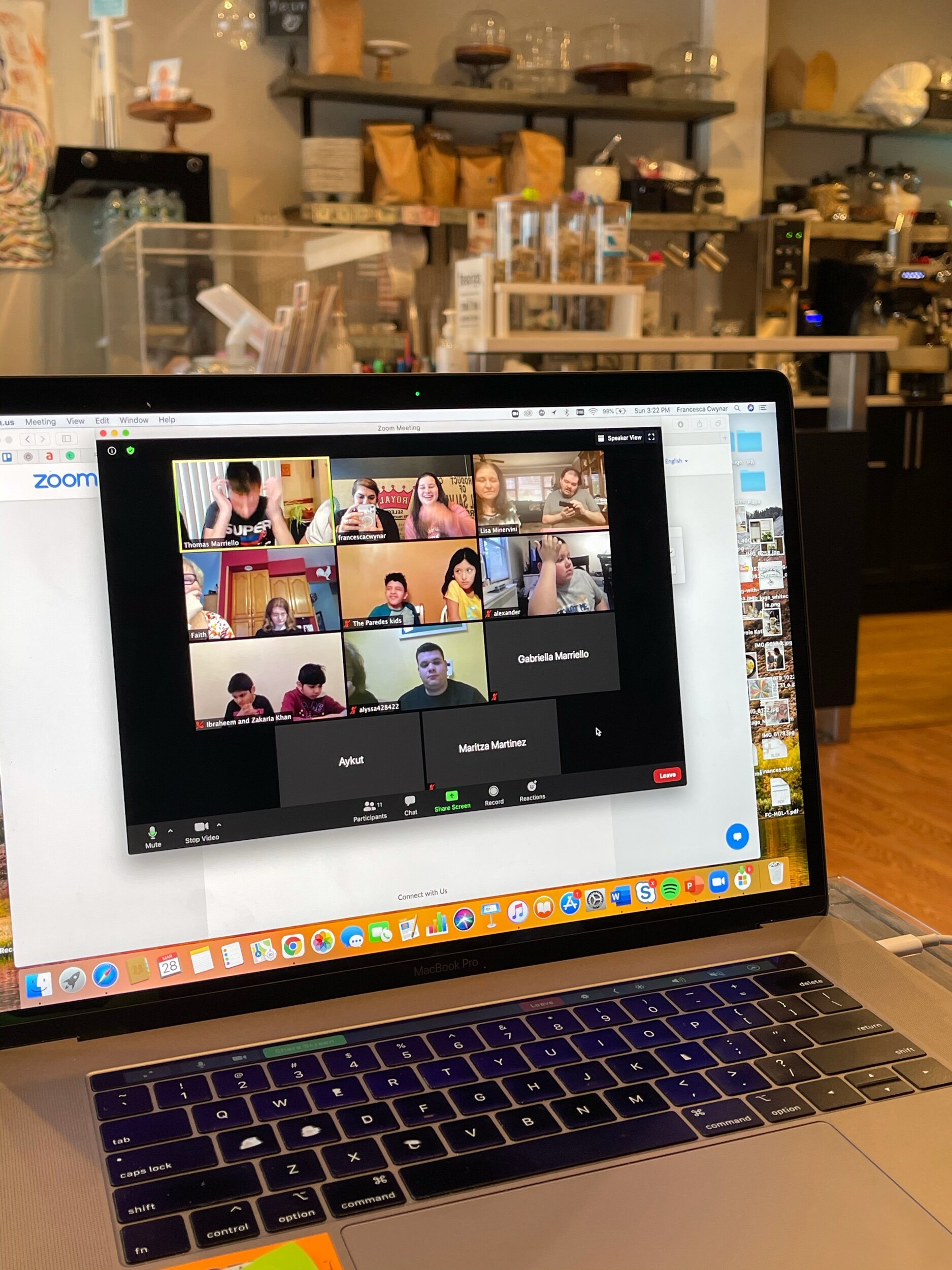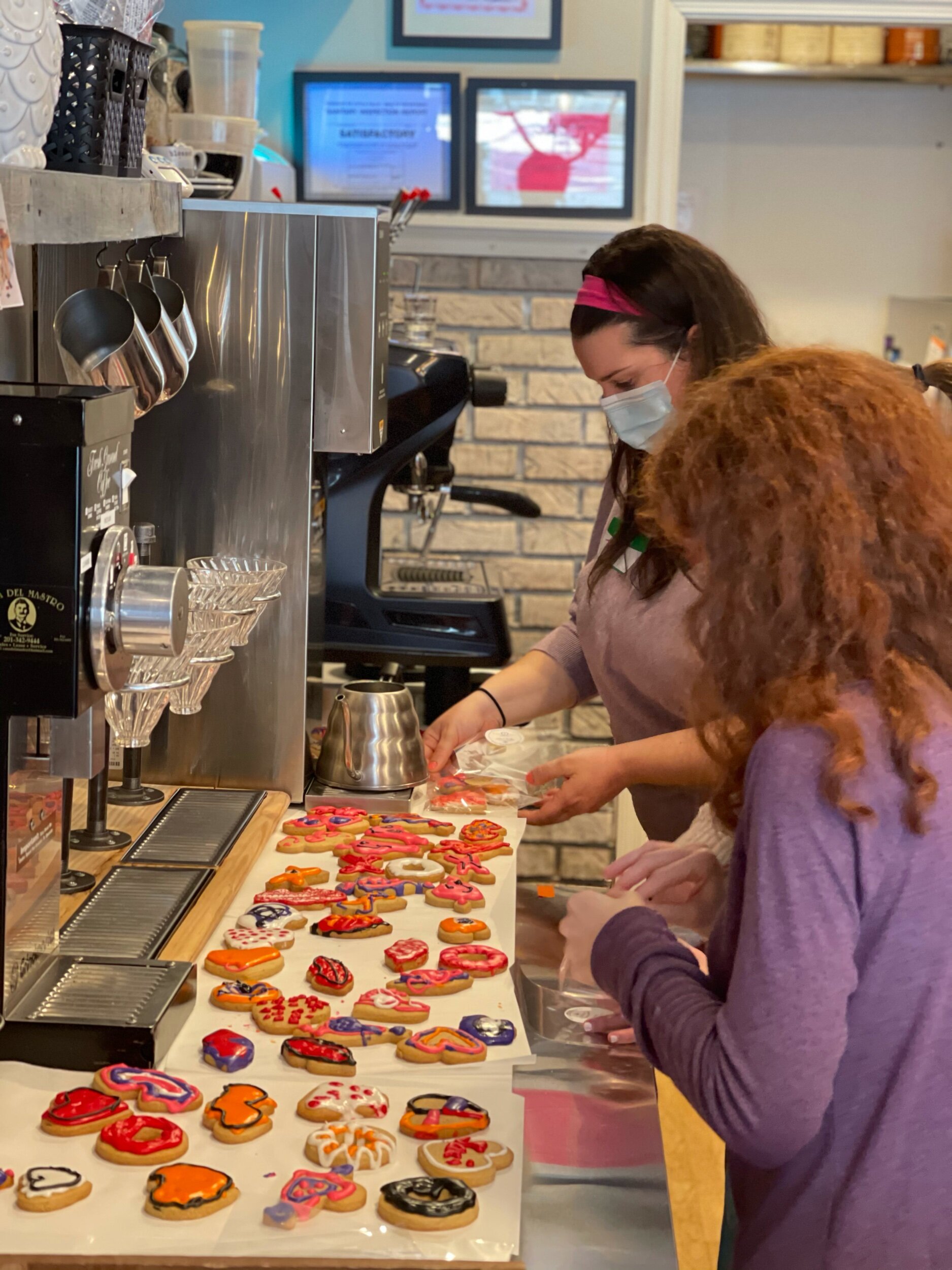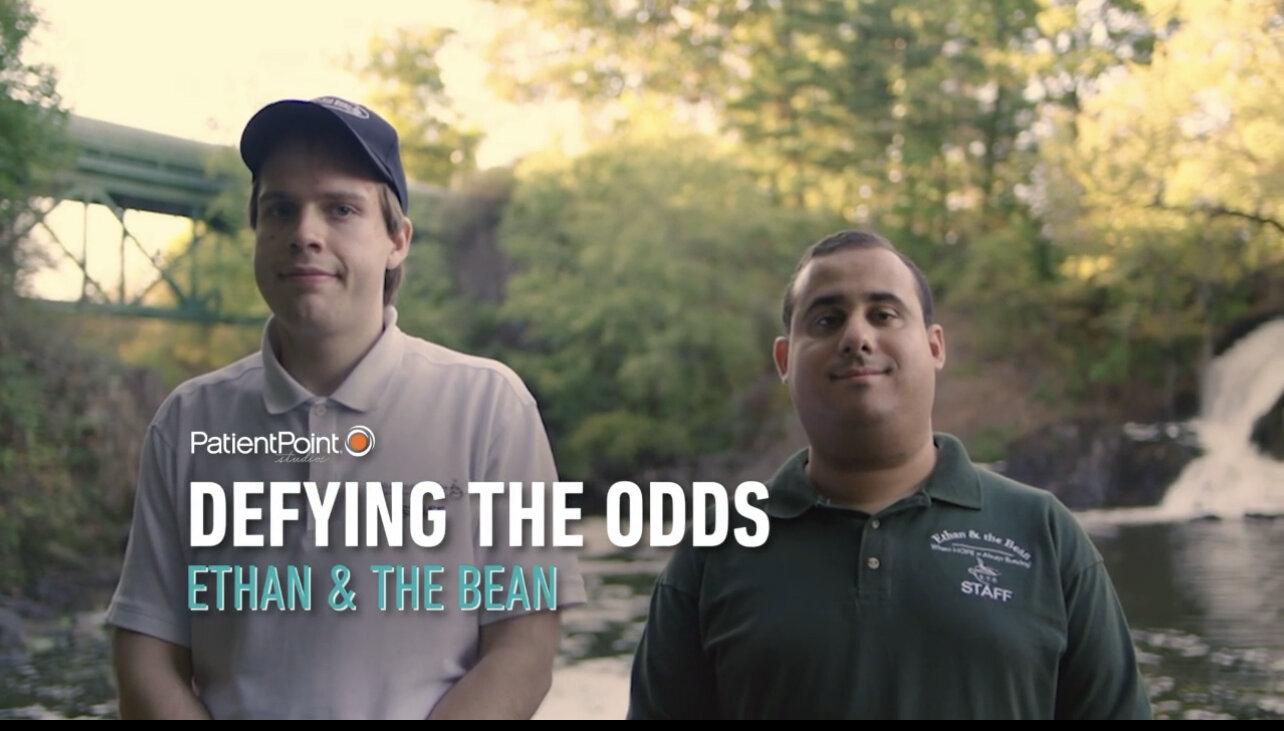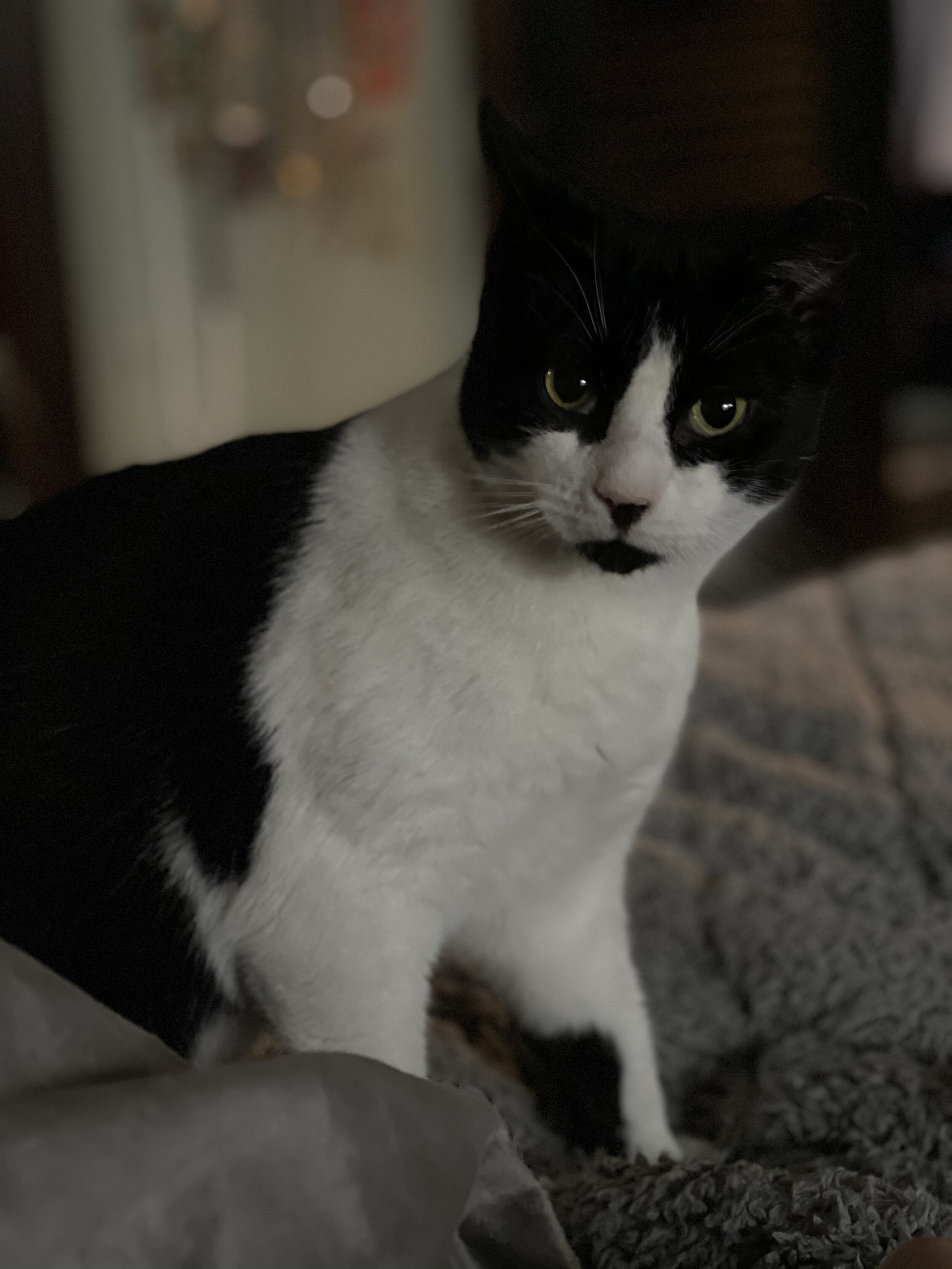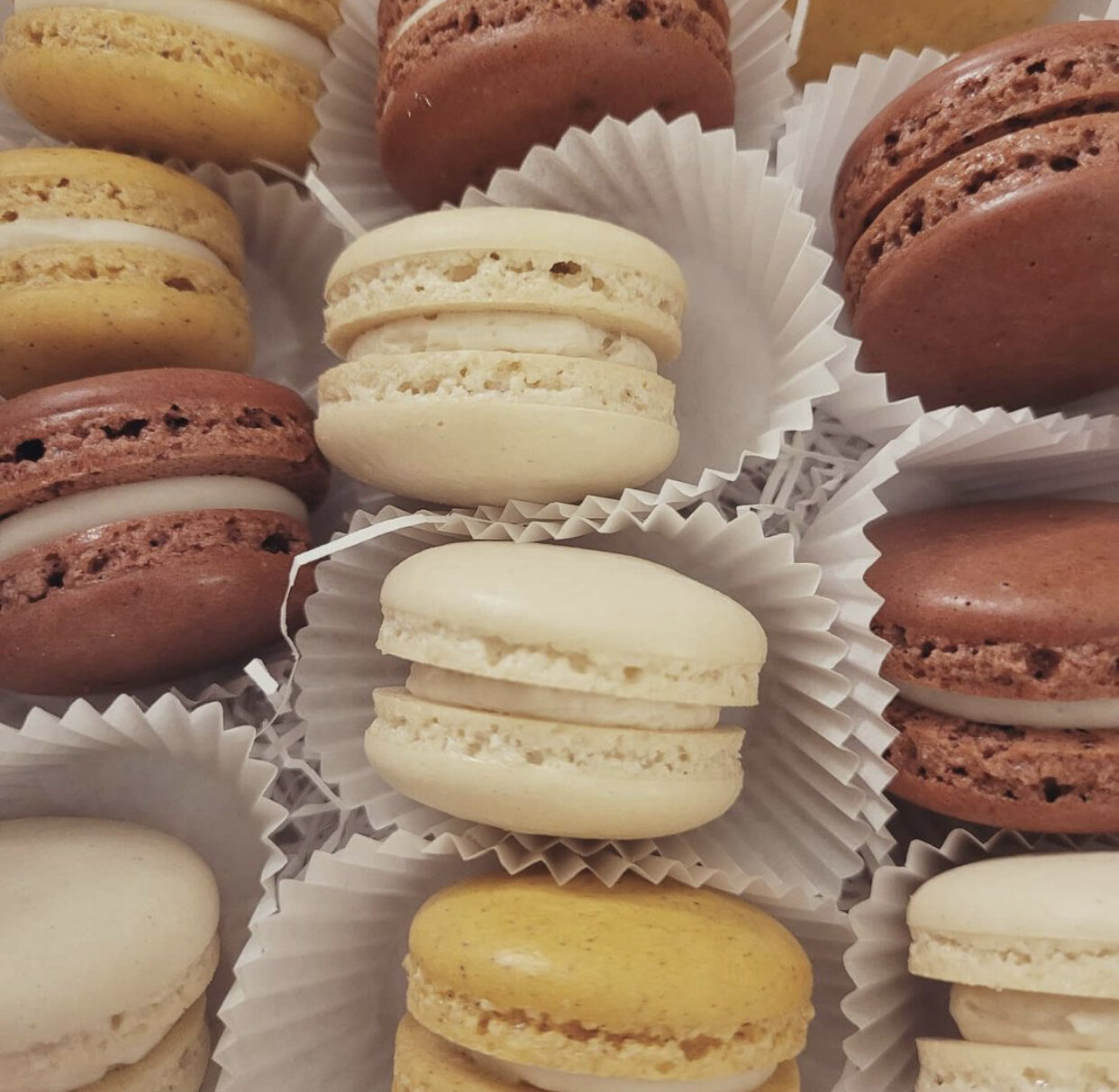These days there is nothing but time, much of it idle. I go through phases of extreme busy-ness followed by stretches of introspection. I guess I’m searching for my own brand of homeostasis. Prone to anxiety and ever an explorer of the self, I have been revisiting all the lessons I’ve accumulated from years of compulsive self help book reading, reassurance seeking, therapy, and being in the world.
There are consistent themes that I keep stumbling on across all the disciplines I dip into for comfort and understanding. Resources collated range from the religious to the entirely secular, from rational to purely emotional. Some of the sources are highly educated professionals in their respective fields and others are just wise in the ways of living and life. Exposure and Response Prevention, Cognitive Behavioral Therapy, Rational Emotive Therapy, I’ve practiced them all. I’ve relinquished my fears to God, said my prayers, read every word of Brené Brown’s, and studied Dr. David Burns. I have each version of Don’t Sweat the Small Stuff by the late, great Richard Carlson, every piece by Henri Nouwen, and all the OCD workbooks. I get enough sleep. While there is no complete cure for anxiety or that which plagues us, love, forgiveness, and acceptance will get us close.
A Return to Love by Marianne Williamson was gifted to me by my dear friend years ago, and I’ve read it so many times it’s tattered and worn. I dropped it in the tub once so it’s mighty wrinkled. My faith has always taught lessons of love and mercy, but this book highlights the battle between fear and love in a way that is readily understood and actionable. Only love is real, Marianne deduced from her deep study of A Course in Miracles. We are either living in fear, or living in love and love, of course love is the aim.
Elizabeth Gilbert wrote of a radical love experiment. You must make a conscious effort to love every ounce of your being. The scary and unsavory parts. The parts you imagine are not lovable. She goes on to reveal that in unconditional love of the self, you can learn to love others without condition and the world heals in the wake of this massive return to love. She also asserts that our only purpose in the world is to be loved. Nothing you will ever achieve will mar this true mandate.
Albert Ellis’ attributes any and all turmoil in our lives to flawed perception. His tactics implore looking at each and every situation with rationality and adopting unconditional acceptance of the self, unconditional acceptance of others, and unconditional acceptance of the world. Replace the shoulds of our lives with would be nice ifs and we are released from the prison of “musturbation.” His term, not mine.
It is what, it is. No words more true. Acceptance, unconditional at that, of what is, will never steer us into murky water. My husband tells me this all the time, and to be truthful, he is very rarely in emotional turmoil and has a very healthy grasp on living through all things with moderation. We are masterful at complicating what is.
A therapist of mine always said What you resist, persists. You can diffuse a situation, be it of mind or body, by the simple act of resignation. I’m not arguing for complacency in any sense but when you are spinning relentlessly, sometimes the only thing to do is to pump the brakes and just be. Accept the things you like least about yourself (others, the world) and then the resistance to healing, therapeutic resistance I believe they call it, lessens and we can heal. Then we can more formidably act towards a better self and world; the acceptance clears the runway for takeoff.
The constant focus on what is not working in our lives keeps it top of mind. This is where forgiveness comes in. Forgive yourself for overreacting, forgive your neighbor for playing the music too loudly, forgive your dog for shitting on the carpet, forgive your sister for hurting your feelings, forgive your husband for not letting you pick what to watch on tv, and forgive anyone who hasn’t been able to forgive you. Speak to yourself like you would to a person you love, be it a friend or a family member. For whatever reason, we are more likely to speak kindly to others about their wrongs than we are to forgive ourselves for our perceived shortcomings. Warped, I know, but here we are.
Things are not readily fixed. Love the cracks, and the wrinkles and the misspoken words. Accept that much of life isn’t fair but is still beautiful to behold. Forgive the anger in your heart and the malice in others. Love. Forgive. Accept. Surely easier said than done; I know from experience.
